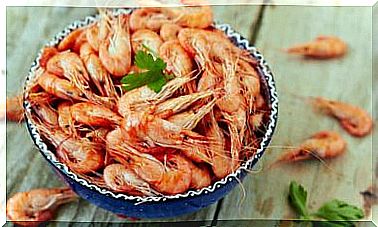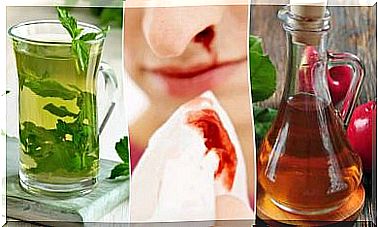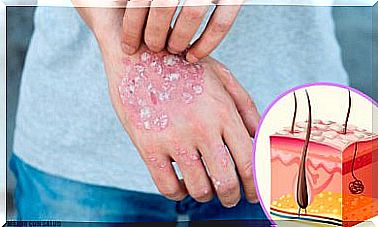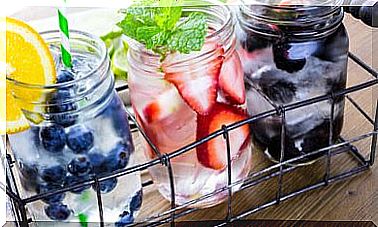9 Foods Rich In Iron Recommended For Anemia
The consumption of these foods within a balanced diet and a healthy lifestyle, in general can help you improve your health, but remember that always you should follow your doctor’s instructions.
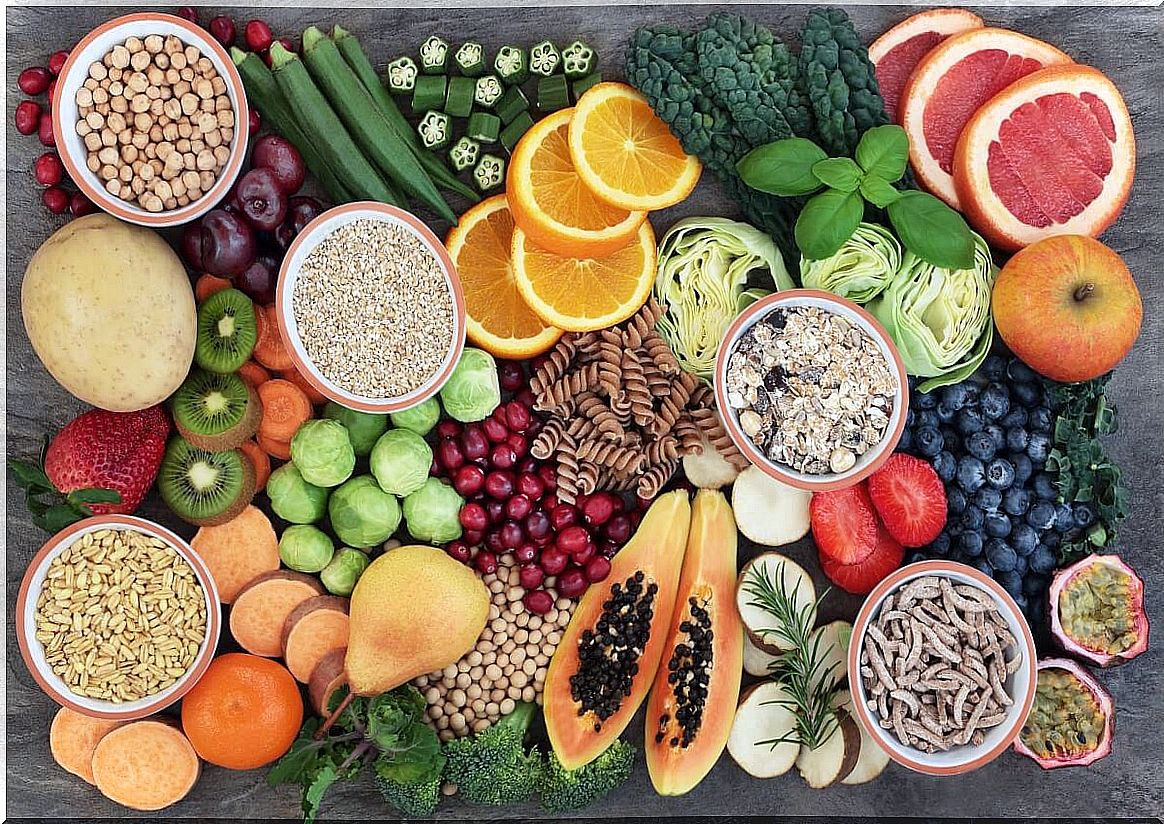
Anemia is a disorder caused by a decrease in the amount of hemoglobin in the blood, which is mainly caused by a lack of iron or a malabsorption of this component.
This disorder is one of the most common in terms of nutrition and can lead to the development of various health problems that, in certain cases, can be quite serious. However, it can be treated in a number of ways, starting with food.
In addition to occurring due to a deficiency of iron in the body, anemia can be caused by a lack of folic acid and vitamin B12, or hereditary factors in blood cells and even chronic diseases. In this list we can see the different types of anemias that a person can suffer from.
It can also be caused by significant blood loss, such as after childbirth, or by increased iron needs, as occurs in pregnancy. Other possible causes are a decrease in the production of red blood cells or an increase in their destruction, as occurs in some diseases.
Experts have found that a good diet, rich in all kinds of nutrients and balanced, is key to both prevention and treatment of anemia. In fact, the diet would complement and reinforce the treatment prescribed by the doctor, as ratified in this publication by the Spanish Society of Cardiology. and the Spanish Heart Foundation:
1. Spinach against anemia
Spinach leaves are well known for having a high content of: iron, calcium, vitamins A, B9, C and E, beta-carotene, and also fiber. All these nutrients, together, make spinach one of the best allies to fight anemia.
They have about 4.1 milligrams of iron per 100 grams. It is recommended to consume a serving of 200 grams of spinach per day, to obtain approximately 20% of the iron nutrients. Likewise, other green leafy vegetables such as broccoli, kale, and watercress are also recommended.
2. Proteins of animal origin
Foods of animal origin represent a great source of iron, as they also contain “heme” iron that is better absorbed than foods of plant origin. Therefore, when it comes to fighting anemia, it is recommended to increase the regular consumption of shellfish, oily fish, among other related foods.
3. Oats
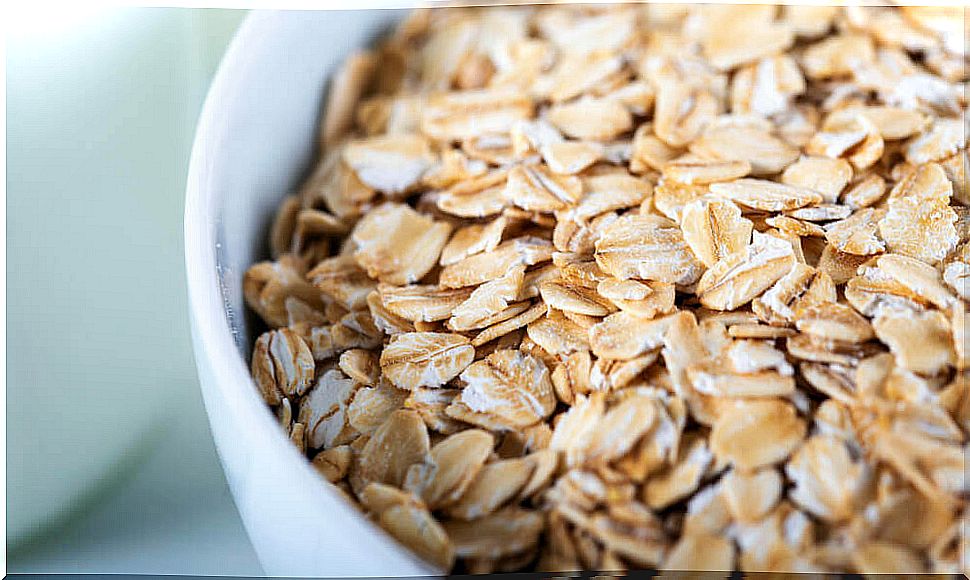
Oats, along with barley, rice and wheat, is a cereal rich in iron. In the supermarket, you can find a ‘fortified’ oatmeal that has an extra content of B vitamins that is very beneficial in case of anemia.
According to experts at Stanford’s Lucile Packard Children’s Hospital, it is recommended to consume oatmeal daily to increase iron levels in the body. And this is a very powerful cereal since, with just two tablespoons of oats a day you can get up to 4.5 milligrams of iron.
4. Peanut or peanut
The peanut is a dried fruit that can also help fight anemia. Ideally, the patient should try to eat a handful of peanuts a day, since this food is among the most prominent for its iron content.
And although the butter prepared from this dried fruit should not be taken as the first option, it can also be used; although it must be clarified that the benefits will not be the same as those provided by the consumption of natural food.
In reality, the peanut is more of a legume than a nut. It provides about 2 milligrams of iron per 100 grams. Also, among other things, it provides a lot of fiber and B vitamins.
5. Whole grain bread
According to the United States Department of Agriculture, a 100-gram serving of whole grain bread can meet a high percentage of the body’s daily iron needs. Other whole grain products such as pasta, cereals, and rice are also recommended.
6. Eggs
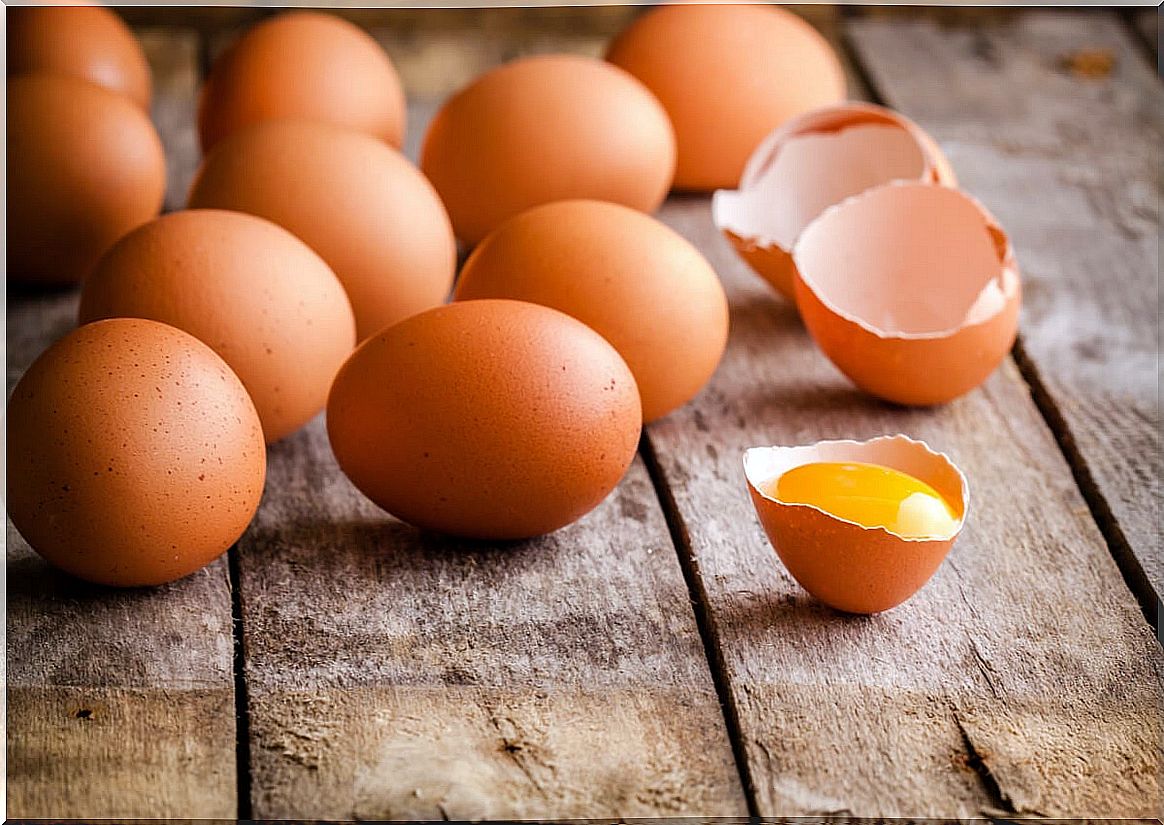
Just as the consumption of meat and the foods mentioned above should be increased to help treat anemia, the intake of eggs should also be increased, since this is a food rich in minerals such as iron and folic acid, antioxidants, amino acids and vitamins. of group B and also A, D, E.
A single egg can provide a generous supply of nutrients to the diet with a small amount of calories. Therefore, its regular consumption is recommended to patients with anemia, although this is a point that the doctor must evaluate for each particular case.
7. Tomatoes
Tomatoes are a rich source of vitamin C, vitamin E and beta-carotene, essential nutrients for the body. Consult with your nutritionist about how to increase your daily tomato consumption in the most convenient and practical way to fight anemia properly.
8. Legumes, highly recommended to combat anemia
Legumes are one of the greatest natural sources of iron, so they are key in the diet aimed at preventing or treating anemia. Beans, lentils, soybeans, chickpeas, among others, provide up to 5 milligrams of iron per cup.
Lentils are enriched with protein and low in fat, which is why they are often recommended for treating anemia. It should be clarified that they must be prepared correctly in order to take advantage of all their benefits; consult a professional to learn more about this.
9. Grenades
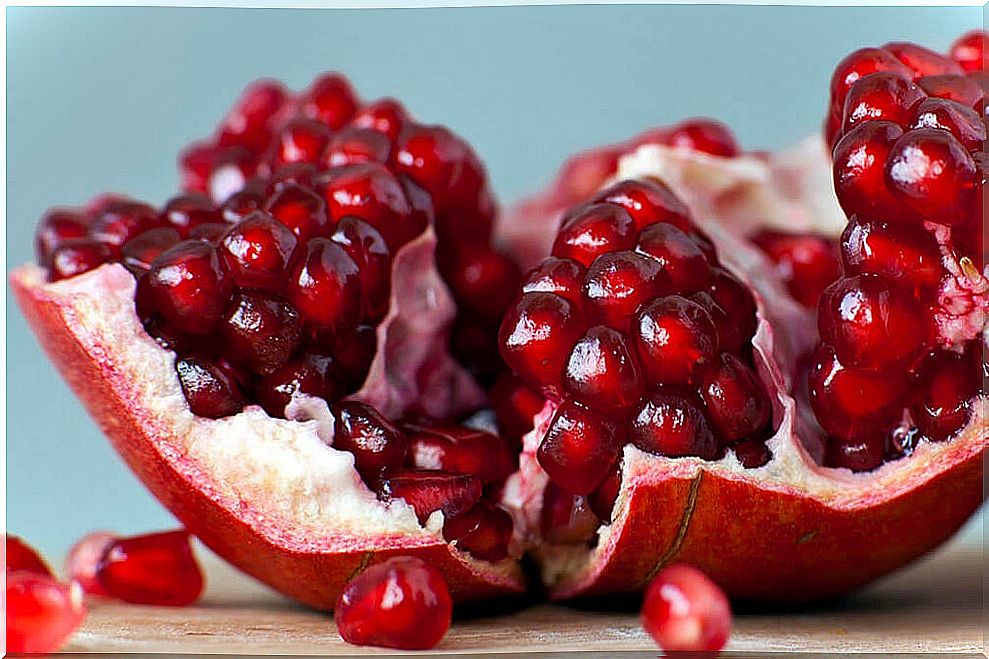
All foods rich in vitamin C, such as pomegranate, help improve iron absorption. Therefore, it is recommended to consume this type of food regularly to combat anemia.
The pomegranate is a fruit that has a high content of antioxidants, vitamin C, as well as minerals such as potassium, magnesium and calcium.
Final Recommendations
We recommend eating the foods listed above along with a glass of orange juice or lemonade, because the citrus aid the assimilation of iron in the body, as explained to the talk of vitamin C.
Just as it is important to consume these foods and take care of hydration, it is also key to limit the consumption of salt, added sugars, refined grains and solid fats. All are nutrition habits that contribute to the overall well-being of the body.
Although it is well known that the aforementioned foods are good for fighting anemia, we must take care of the way they are cooked, the quantities and other factors, in order to take advantage of the benefits that their nutrients provide. Improve your well-being from the food you eat!


